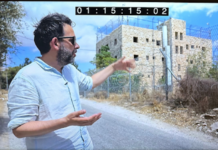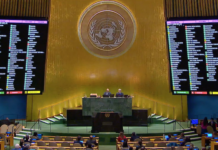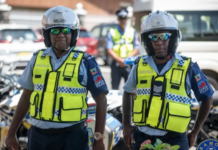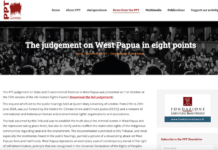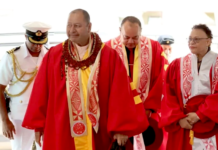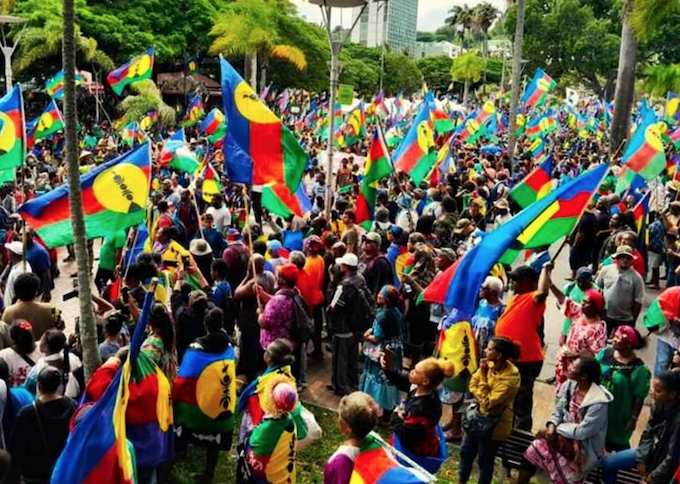
By Patrick Decloitre, RNZ Pacific correspondent French Pacific desk
New Caledonia’s capital was on Saturday flooded by two simultaneous waves of French and Kanaky flags with two rival demonstrations in downtown Nouméa, only two streets away from each other and under heavy security surveillance.
The French High Commission in Nouméa provided an official count of the magnitude of the demonstrations.
It said the number of participants to the two marches was about 40,000 — 15 percent of New Caledonia’s population of 270,000.
The total was about equally divided between pro-France and pro-independence marchers.
This was described as the largest crowd since the quasi-civil war that erupted in New Caledonia in the 1980s.
Organisers of the marches claim as many as 58,000 (pro-independence) and 35,000 (pro-France).
One of the marches was organised by a pro-independence field action coordination committee (CCAT) close to Union Calédonienne (UC), one of the components of the pro-independence FLNKS umbrella.
The other was called by two pro-France parties, the Rassemblement and Les Loyalistes, who urged their supporters to make their voices heard.
Controversial constitutional amendment
Both marches were over a French proposed constitutional amendment which aims at changing the rules of voters eligibility for New Caledonia and to allow citizens who have been residing the for at least 10 uninterrupted years to cast their votes at local elections — for the three provincial assemblies and for the local Congress.
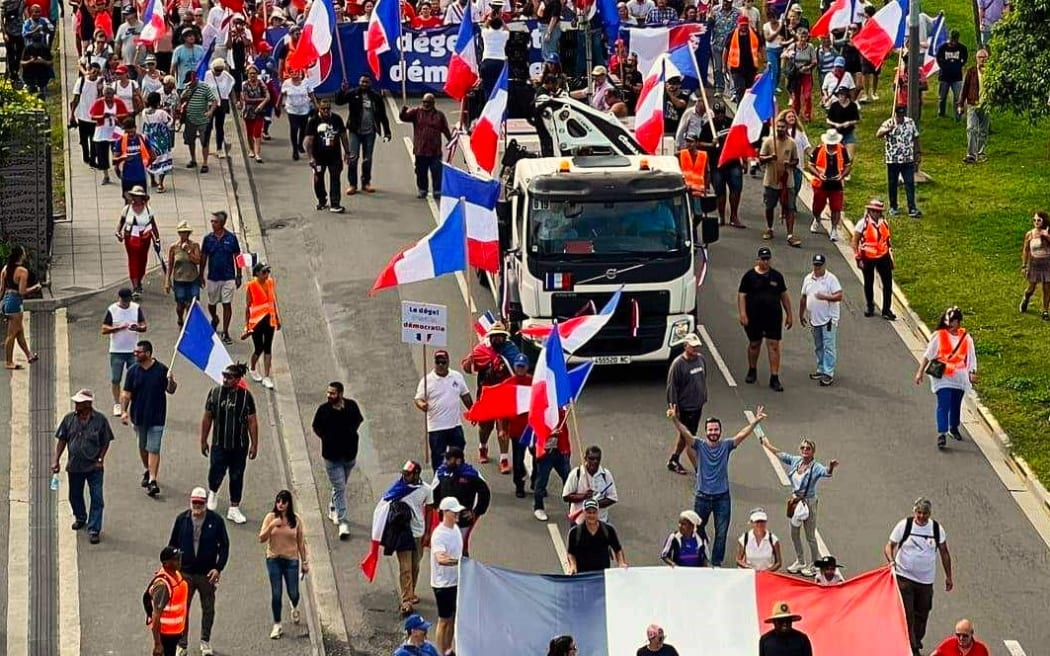
It is estimated the new system would open the door to about 25,000 more voters.
Until now, and since 1998 as prescribed by the 1998 Nouméa Accord, New Caledonia’s electoral roll for local elections was more restricted, as it only allowed citizens born or who had resided there before 1998 to vote in local elections.
The controversial text was endorsed, with amendments, by the French Senate (Upper House) on April 2.
As part of its legislative process, it is scheduled to be debated in the Lower House (National Assembly) on May 13 and then should again be put to the vote at the French Congress (a special gathering of both Upper and Lower Houses) sometime in June, with a required majority of three fifths.
The constitutional amendment, however, is designed to be interrupted if, at any time, New Caledonia’s leaders can produce an agreement on the French entity’s political future resulting from inclusive bipartisan talks.
But over the past months, those talks have stalled, even though French Home Affairs and Overseas Minister Gérald Darmanin — who initiated the Constitutional process — travelled to New Caledonia half a dozen times over the past 12 months.
The current legislative process also caused the postponement of New Caledonia’s provincial elections from May to mid-December “at the latest”.
‘Paris, hear our voice!’
In a tit-for-tat communications war, organisers on both sides also intended to send a strong message to sway Paris MPs from all sides of the political spectrum ahead of their debates.
New Caledonia’s pro-France parties were marching on Saturday in support of the constitutional amendment project, brandishing French tricolour flags, singing the French national anthem “La Marseillaise” and claiming “one man, one vote” on their banners.
Other banners read “This is our home!”, “No freedom without democracy!”, “Unfreeze is democracy” or “proud to be Caledonians, proud to be French”.
Les Loyalistes pro-France party leader Sonia Backès, in a brief speech, declared :”Paris, hear our voice”.
Nicolas Metzdorf, New Caledonia’s representative MP at the National Assembly, told local media: “It’s probably the largest demonstration that ever took place in New Caledonia . . . this gives us strength to pursue in our efforts to implement this electoral roll unfreezing. And the message I want to send to FLNKS is, ‘Don’t be afraid of us. We want to work with you, we want to build with you, but please stop the threats and the insults, it doesn’t help.”
‘Peace is at threat’ – Wamytan
The pro-independence march waved Kanaky flags in opposition to the constitutional amendment, saying this could make indigenous Kanaks a minority on their own land.
They are denouncing the whole process as being “forced” upon them by France and are asking for the constitutional amendment to be scrapped altogether.
Instead, they want a French high-level “dialogue mission” be sent to New Caledonia. It is suggested that speakers of both the National Assembly and the Senate should lead the mission.
“Peace is at threat because the (French) state is no longer impartial. It has touched a taboo and we must resist,” charismatic pro-independence eader and local Congress chair Roch Wamytan told the crowd, referring to the future of the indigenous Kanak people.
“Unfreezing this electoral roll is leading us to death.”
Wamytan is a prominent member of Union Calédonienne, which is one of the components of the multiparty pro-independence umbrella FLNKS.
Other members of the FLNKS group, PALIKA (Kanak Liberation Party) and UPM (Melanesian Progressive Union) parties have often expressed reservations about the UC-led confrontational approach and have consistently taken part in talks with Darmanin and other local parties.
Similarly, on the pro-French side (which did not associate itself with Saturday’s march), leader Philippe Gomès said they were concerned with the current confrontational and escalating atmosphere.
“Where is this going to lead us? Nowhere”, he told a press conference on Friday.
Gomès said the marches were a de facto admission that talks have failed.
He also called on Paris to send a dialogue mission to mediate between New Caledonia’s parties.
Security reinforcements had been sent from Paris to ensure that the two crowds did not come into contact at any stage.
No incident was reported and the two marches took place peacefully.
Darmanin at UN Decolonisation Committee
Meanwhile, on Friday, French minister Darmanin was to appear before the United Nations’ Special Decolonisation Committee as part of the regular monitoring of New Caledonia’s situation.
Before heading to New York UN headquarters, his entourage indicated that he wanted to underline France’s commitment for “respect of international law in New Caledonia” where a “legislative and constitutional process is currently underway to organise local elections under a new system”.
Darmanin maintains that New Caledonia’s electoral roll present restrictions, which were temporarily put in place as part of implementation of the 1998 Nouméa Accord, were no longer tenable under France’s democracy.
The proposed changes, still restrictive, are an attempt to restore “a minimum of democracy” in New Caledonia, he says.
This article is republished under a community partnership agreement with RNZ.






